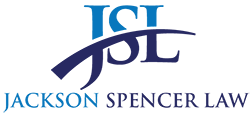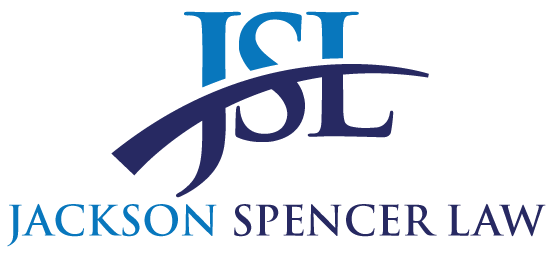With the exception of a few people, almost everyone has a connection to social media. Facebook, Instagram, Twitter, LinkedIn, and Snapchat (just to name a few) can be a great way to keep in touch with friends and family. However, your behavior on social media can directly affect your relationship with your employer, so it’s important to know your rights.
Can my employer really control what I post on social media?
While you have ultimate control over everything you post on social media, employers are well within their rights to create social media guidelines for their employees. Some common guidelines can include:
- Not saying anything negative about the company or its employees
- Not saying anything negative about the company’s clients, accounts, or competitors
- Not saying anything about the company or its employees, regardless of the nature of the comment
- Not posting pictures while wearing your company’s logo
- Not describing or engaging in any questionable activity that may poorly represent your company (e.g. describing your hangover after a rowdy night of drinking)
This is a short list, but it’s important to remember that social media can be made accessible to pretty much everyone, even people who don’t have immediate access to your profile. All social media platforms can be shared and redistributed, even covertly, which means companies usually want to specify how they want their employees to act online.
If you have been experiencing issues at work, such as discrimination, wrongful suspension, or wrongful termination, and have come under fire for a social media post while others have gone unpunished for similar posts, get a free consultation with our legal team.
I didn’t mention my boss’ or my company’s name in my post. Am I protected?
Say you’ve had a rough day at your job. You write a long post complaining about how you’re being treated unfairly at work and you put it on Facebook, but you’re careful not to mention the name of your company, your boss, or any of the other employees involved. Sounds safe enough, right?
Despite being careful to not mention names, there are many other ways that your company could connect your name to the negative post. If you have your workplace listed on Facebook but made the complaint on Twitter, your name on both accounts is a connection. If you posted a negative story on your private Instagram profile, but are followed by any coworkers, that’s a connection. It’s just too easy to link people through their social media profiles, so keep that in mind before venting online.
Doesn’t telling me what not to post violate my First Amendment right to free speech?
It’s a common misconception, but the First Amendment only protects individuals from government interference in speech. Even government workers have very specific, narrow guidelines regarding what is acceptable to post online. With very limited exceptions, your privately held company can typically require you to adhere to certain rules and can fire you for breaking these rules.
My profile is private. Can my company still control what I post?
Yes. Even though your profile might not be visible to anyone at your company, leaks happen. Information can still be shared with people you thought would never see your profile; make sure to protect yourself and adhere to your company’s guidelines even if you think your profile will never be seen by others at your company. Remember, you may not be aware of connections beyond the work sphere. You might unknowingly be connected to a cousin, old college friend, or neighbor of one of your coworkers, leaving your profile open to scrutiny.
I’ve been punished for social media posts, but my coworkers haven’t. What should I do?
If you have experienced retaliation (such as unfounded reductions in pay, cutting of hours, baseless suspensions, or wrongful termination) after posting on social media, but your coworkers have not experienced any punishment, talk to our legal team and find out how the law can protect you.
If I don’t post on social media during work hours, can my employer fire me for something I do off the clock?
Companies make rules about social media in order to protect the company’s image. While it used to be easier to keep our work life and home life separate, the Internet has made anonymity almost impossible. Make sure you know what your company’s rules are regarding social media posts, and call Jackson Spencer Law if you feel you have been unfairly singled out for your activity on social media.



